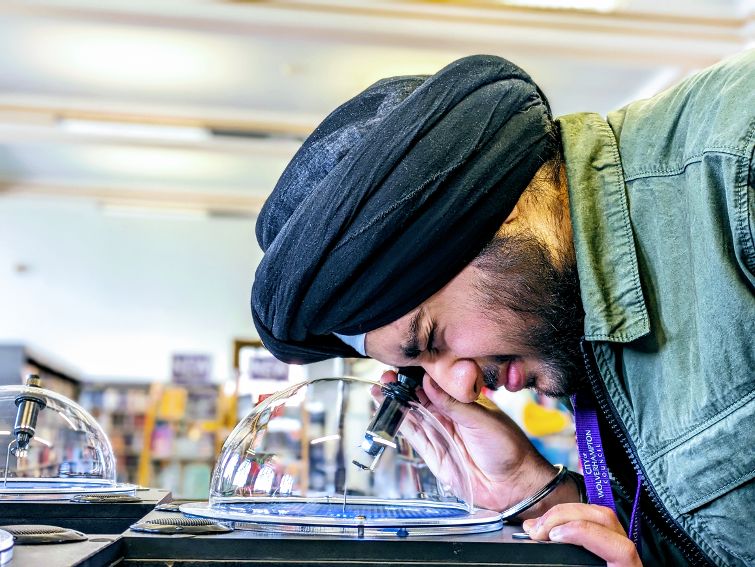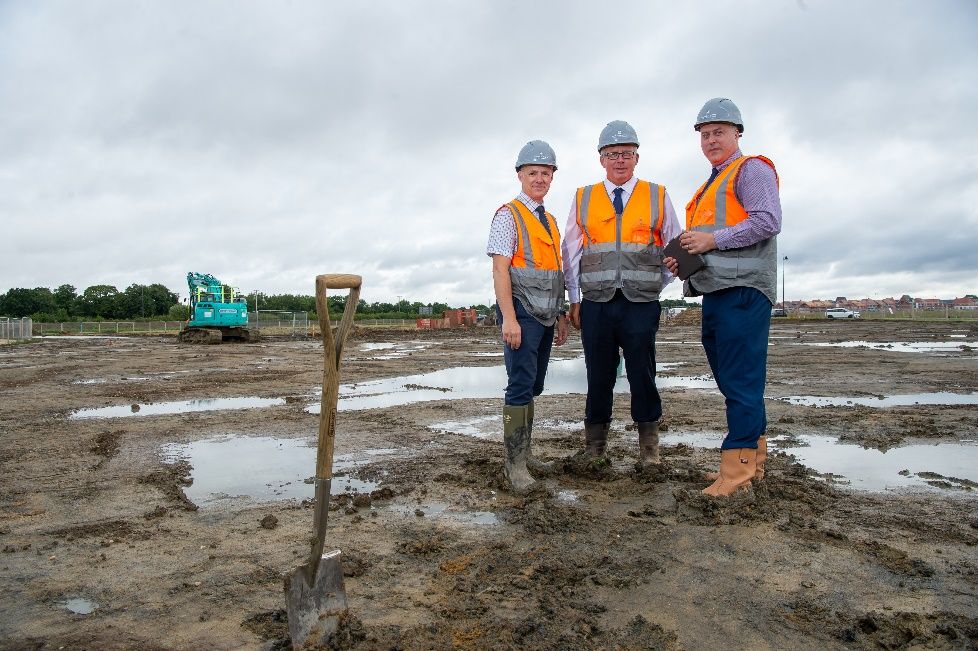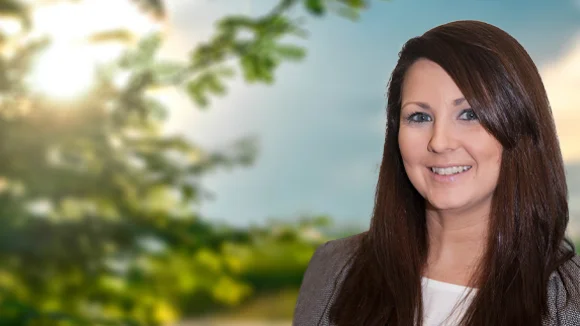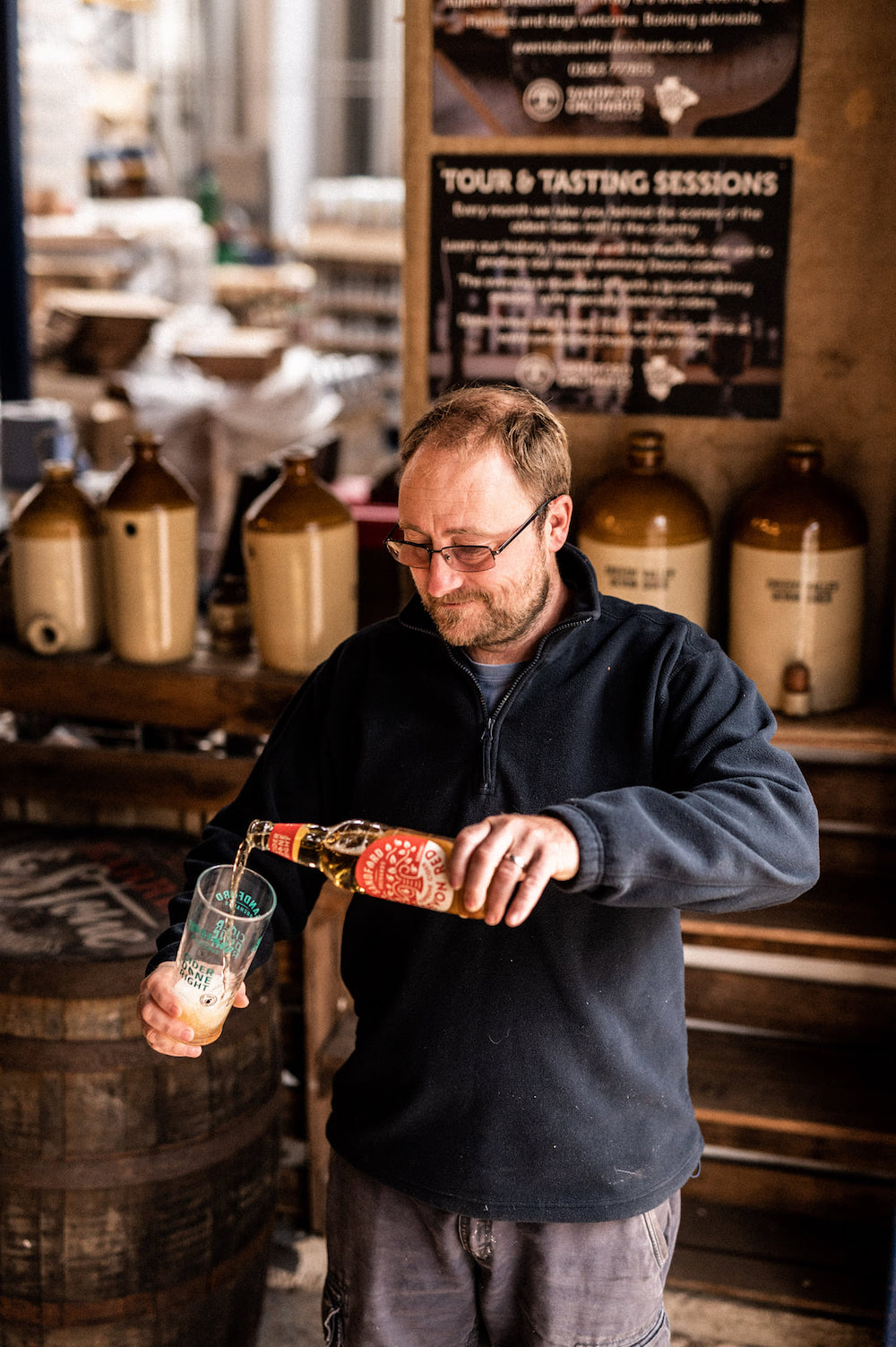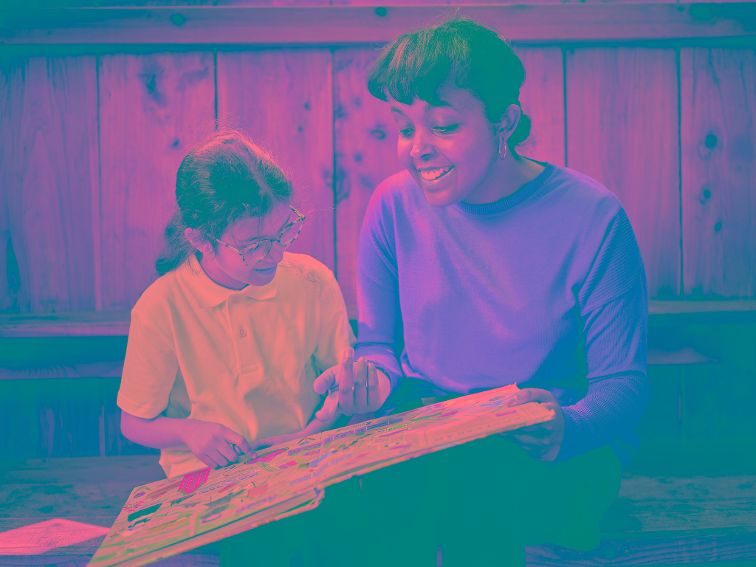Birmingham law firm, Clarke Willmott LLP, has announced its sponsorship of a programme designed to help brain injury survivors in Bangladesh. The programme is designed to close the treatment gap in the country, as well as providing improved psychological treatment and rehabilitation to patients. Clarke Willmott’s sponsorship, via its Serious Injury team, will see the firm donate new textbooks to psychology and neuropsychology students in Bangladesh, which will assist them with their studies to become fully qualified, with the eventual aim of delivering much-needed treatment and rehabilitation to local communities.
The World Health Organisation (WHO) in 1994 estimated that 8.4 million of Bangladesh’s 111 million population suffered with mental health issues. However, across the entire country there were only 42 practising psychiatrists and no psychologists.
Since then much work has been done to close the treatment gap, with a series of initiatives having been formed to eradicate some of the problems Bangladesh faces due to low numbers of psychologists practising in the country. These initiatives followed on from the initial foundations laid by psychologists Graham Powell and Anisur Rahman.
Work in the country is ongoing, and further support is needed, which has led to Clarke Willmott’s Serious Injury team becoming involved. One of those supporting the project in Bangladesh is Dr David Quinn, a Herefordshire based Neuropsychologist, who has previously visited Bangladesh to deliver training to Clinical Psychologists and other healthcare professionals, and will be embarking on another trip there next month.
Dr Quinn said: “Without the help and support of our friends and colleagues in the UK, this project would not be possible. “These textbooks will form the core of the training and will provide vital support across the profession for many years to come.” Philip Edwards, Partner at Clarke Willmott in Birmingham and Serious Injury expert, said: “Those of us who work alongside survivors of brain injury know only too well that early and skilled rehabilitation can make a massive difference to the eventual outcome.
“In the absence of such help, evidence demonstrates that the numbers of people who may never return to work, or whose relationships fail, or who need significant support to manage their lives, increases dramatically.
“A country that had no service of that type in 1994, but has made such significant strides by working in partnership with UK professionals, deserves our support, and we are pleased to have been able to help in a small way by providing textbooks so that students have the best possible chance of qualifying, then delivering important services to brain injured people in Bangladesh.”




